In the realm of Indian cinema and popular culture, the narratives surrounding marriages and relationships have undergone a remarkable transformation, thanks to the visionary work of acclaimed filmmakers Zoya Akhtar and Reema Kagti. With their astute storytelling, they have redefined the conventional templates of matrimony on both big and small screens, infusing them with contemporary social commentaries. Their latest, _Made in Heaven Season 2 (2023)_, verges on being message driven and preachy but highlights social malaises around marriages in a determined and clear voice.
Zoya Akhtar and Reema Kagti’s collaborative journey, highlighted by their masterful creations such as “ _Made In Heaven_,” has illuminated the often unexplored nuances of marriages, relationships, and societal dynamics. Their filmography stands as a testament to their commitment to weaving intricate narratives that resonate with a modern audience while offering a deeper understanding of the complexities within relationships. It has influenced cinema and web series widely, with Rocky Aur Rani Ki Prem Kahani (2023) being an example. Simplified but entertaining, this is a visually stunning, template Hindi film with a refreshing stand on gender and acceptance of love.
This season exemplifies their prowess in resetting perceptions around marriages. With each episode directed by a different filmmaker, the series brings diversity in exploring flawed relationships, culminating in a conversation about the intricacies of LGBTQ+ experiences in the context of Indian society. The portrayal of Mehr, a trans-woman played by Dr. Trinetra Haldar Gummaraju, delves into personal struggles of such a person, fostering empathy towards the challenges faced by marginalised individuals in our stratified society. This audacious attempt, though at times didactic, brings much needed mainstream acknowledgment.
This series is an amalgamation of years of filmmaking finesse that both Akhtar and Kagti have cultivated. Their debut films, Luck by Chance (2009) and Honeymoon Travels Pvt Ltd ( 2007) established a precedent for their future endeavours by delving into the complexities of human relationships with authenticity. The portrayal of an elderly couple’s romance in the latter film and the manipulation of love by an ambitious actor with three women across age groups showed that they will present relationships as they often are and go beyond standard projections.
Games
View AllOne can trace the seed of _Made In Heaven_ back to their film Dil Dhadakne Do (2015). This multi-starrer brought to the fore the hypocrisy that shrouds affluent marriages and friendships. The portrayal of transactional relationships within the business tycoon couple Kamal Mehra (Anil Kapoor) and Neelam Mehra (Shefali Shah) laid bare the harsh realities of high-society marriages, where love and care often take a back seat to furthering wealth and maintaining an extravagant lifestyle. The film might not have garnered the commercial success it deserved, but it underscored Akhtar and Kagti signature voice in presenting relationships and marriages.
Zoya Akhtar and Reema Kagti’s approach to portraying romantic interactions and marital dynamics as inherently problematic, rather than glossing over them, lends a refreshing authenticity. In Gully Boy (2019), the portrayal of Murad’s parents’ troubled marriage and his mother’s hurt taking a backseat to guide their son on his career choices, captures Indian reality. Emotions and desires must make way for economic survival. In non-relationship dramas too, their love stories and disillusion with love come across as true to life.
Behind the camera, their impact extends to nurturing like-minded talent. “Made In Heaven” is a testament to their ability to assemble a creative team that mirrors their vision. With precision, the series dissects the central theme that while love might possess a divine quality, marriage is far from a celestial arrangement.
The second coming of one of India’s best known and most popular web series is not perfect. A serious voiceover is disorienting at times, and its Delhi centric approach to problematic marriages doesn’t sit right either as these problems span Indian people everywhere. It also preaches a ton of stuff and does tend to be elite lives and elite pocket sizes. Having said that, these stories apply to prejudice and social evils across our society, irrespective of class or economic status. Akhtar and Kagti have revised the standard template of marriage and romance, bringing in room for a much needed, progressive take on relationships in cinema and OTT content.


)
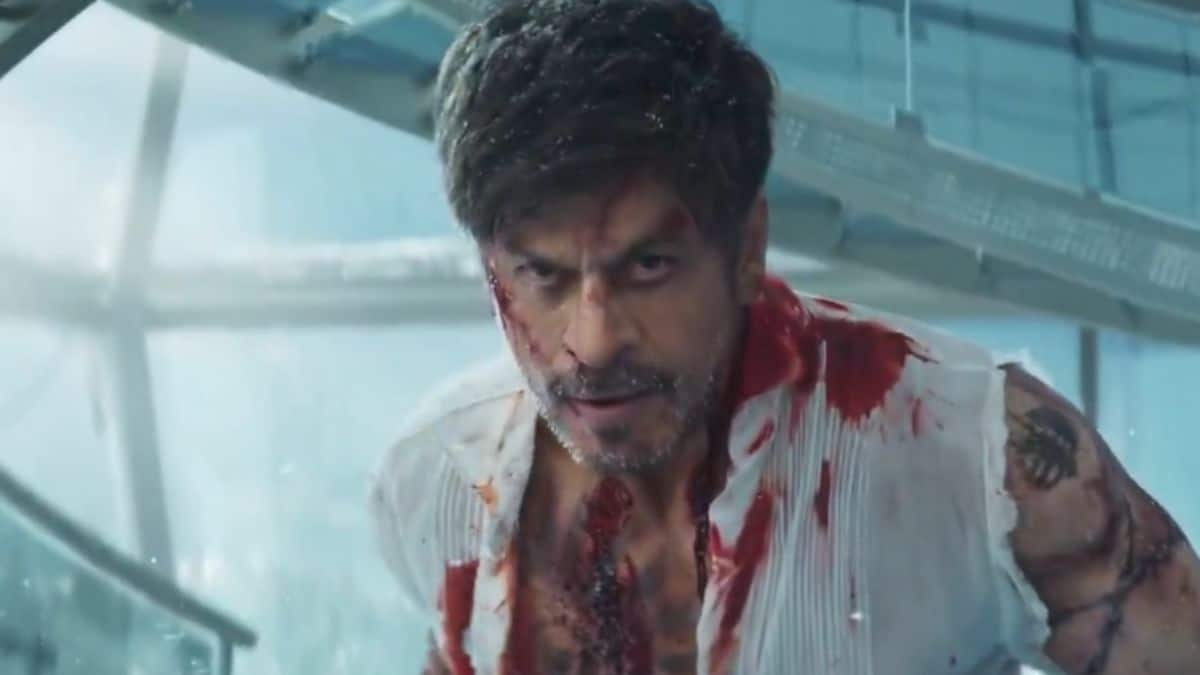
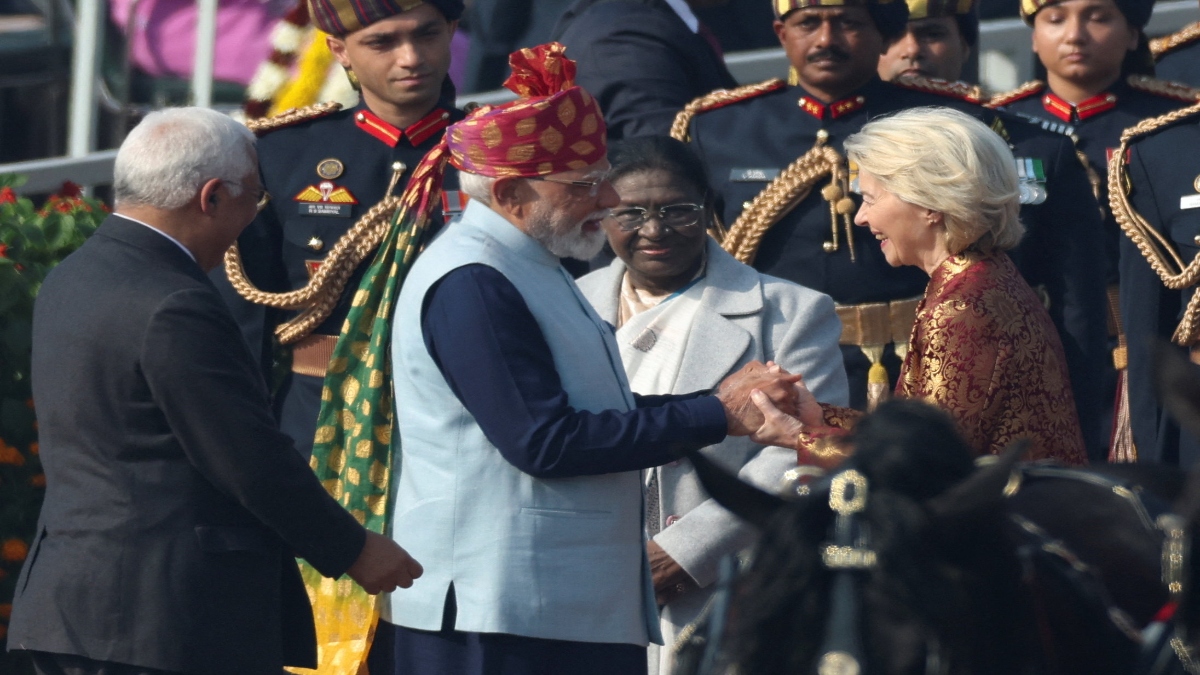)
)
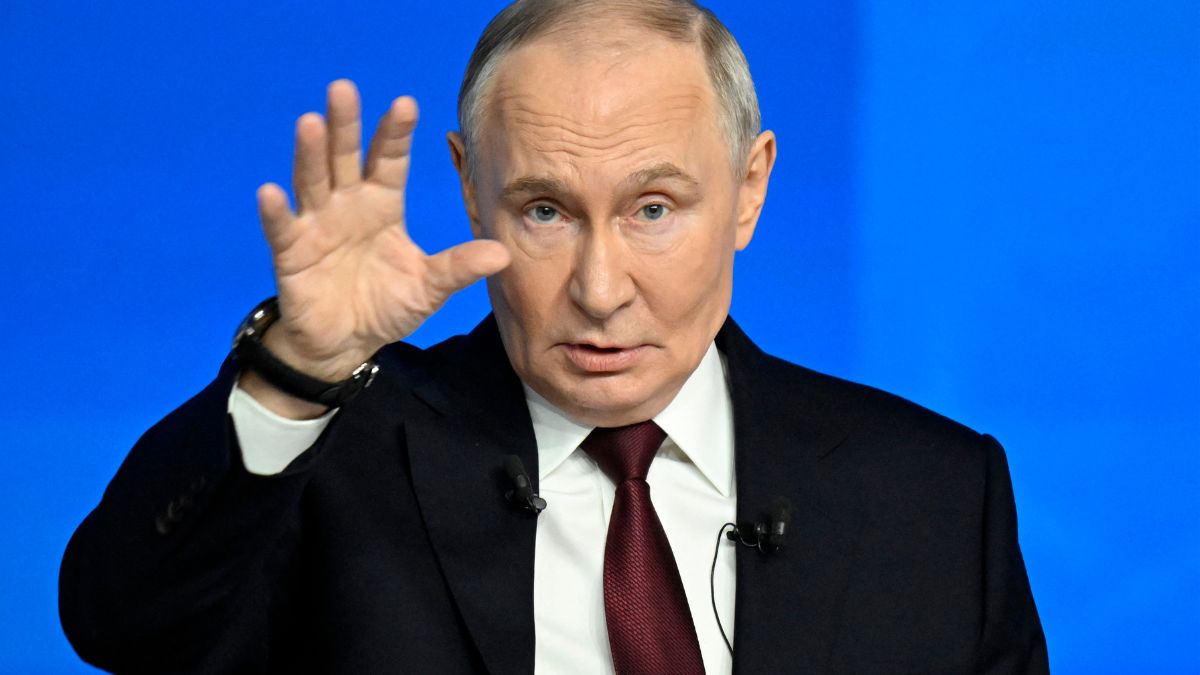)
)
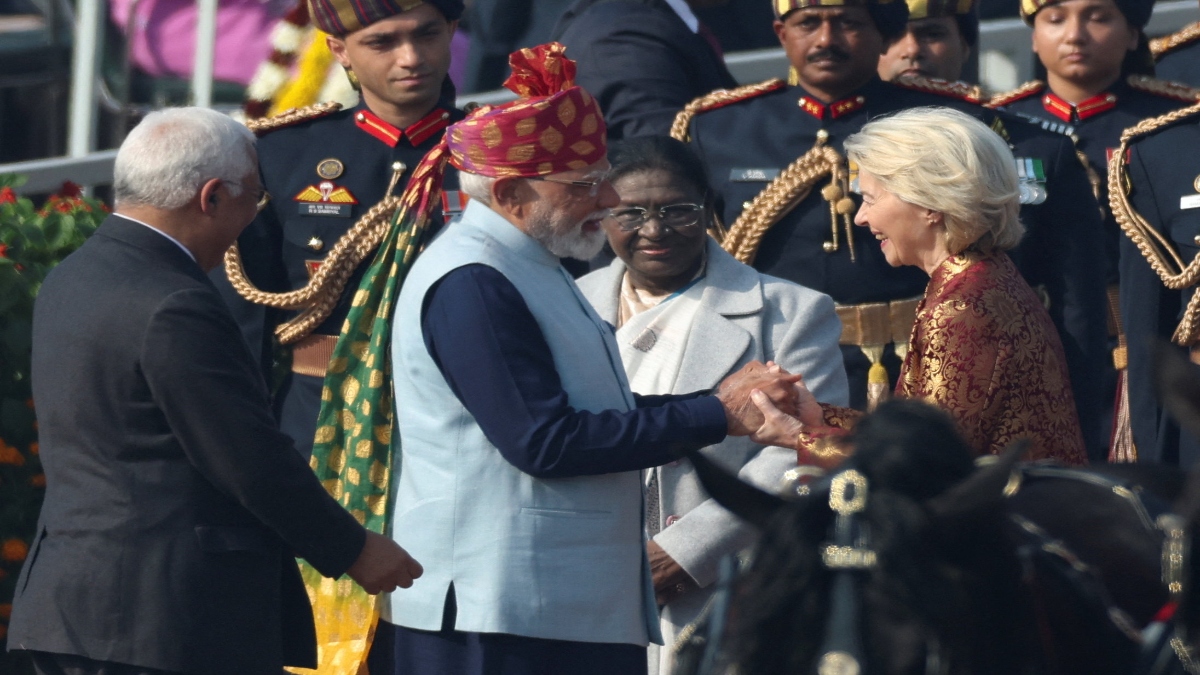)
)
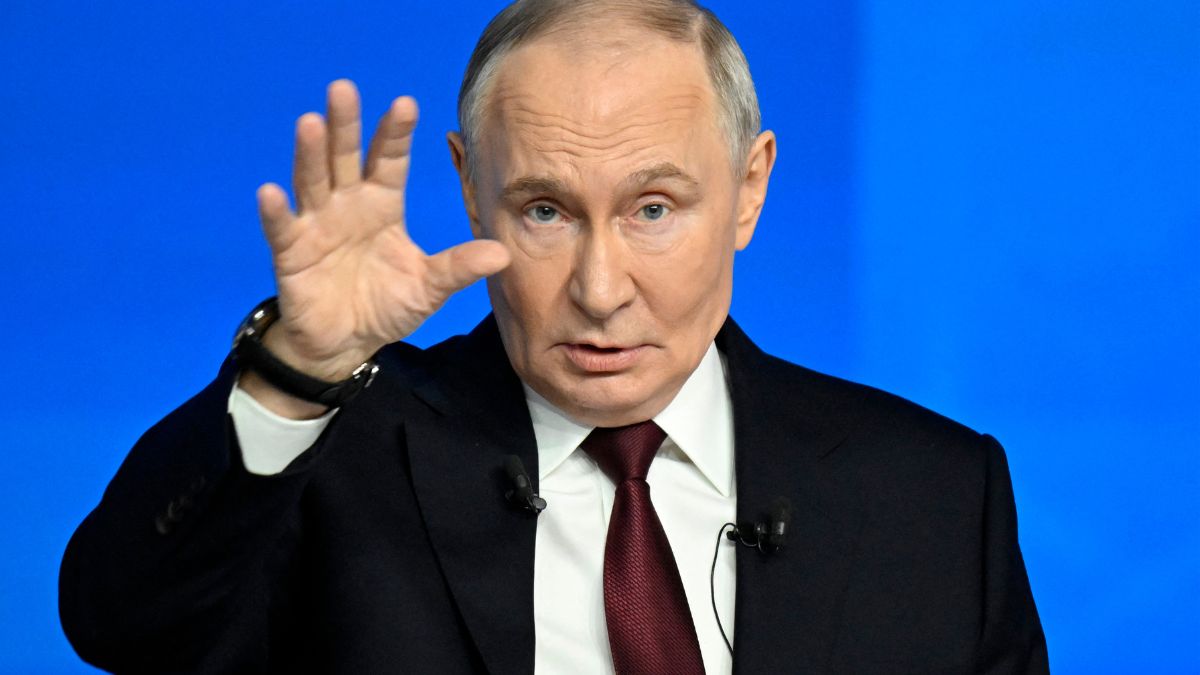)
)



